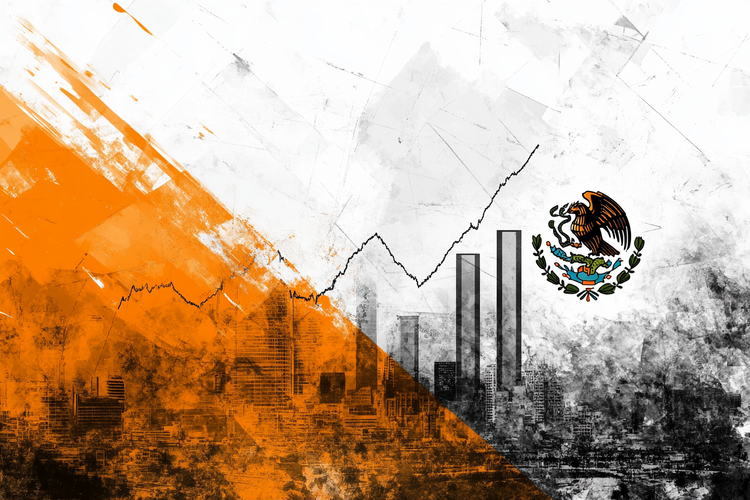By Derek Saul
Mariupol, the port city in southeastern Ukraine that had a population of 400,000 before the Russian invasion, has been leveled by the relentless pounding of the past two months. Analysts estimate that the city could be occupied by Russian forces within a week, something that according to Russian sources has already happened.
This development gives Moscow significant advantages – both operationally and economically – for the continuation of the war.
On Tuesday, a European official told reporters – speaking on condition of anonymity – that Mariupol would fall in the coming days, citing the Institute for Military Studies’ estimate that the Russians would occupy Mariupol “within a week” as the city’s defense limited to a small group of fighters at the Azovstal steel plant, who continue to defend Mariupol, defying Russian ultimatums to surrender.
Russia’s dominance in Mariupol will create a “land bridge” connecting the Crimean peninsula – illegally annexed by Moscow in 2014 – to the Donbass region (where Russia’s attack has intensified), a senior US official said on Tuesday. Pentagon.
Mariupol is located in “Novorossiya” (New Russia): the term was first used by Russian President Vladimir Putin after the annexation of Crimea to describe areas in southern and eastern Ukraine that he believes belong to Russia.
In addition, Mariupol is the largest commercial port in the Sea of Azov and the main export center of goods in southeastern Ukraine. The fall of the city “will substantially cut off Ukraine’s access to the sea,” Georgetown University researcher Margarita Konaev told NPR, a fact that would paralyze her economy.
At the same time, the occupation of Mariupol would be Russia’s most important victory since the beginning of the invasion and a huge “gift” for Putin’s propaganda. Russia’s most notable victory since the start of the war, the occupation of Mariupol would probably be a huge propaganda gift for Putin.
Russia has repeatedly referred to the controversial narrative of the far-right Azov Order (defending Mariupol) about “white supremacy” and Putin has cited the “de-Naziization” of Ukraine as one of the main goals of the invasion. For its part, the Order claims that it has removed the most extreme elements from its ranks.
Since the beginning of the Russian offensive, a humanitarian crisis has been unfolding in Mariupol, as efforts to evacuate civilians and provide basic goods to those trapped through humanitarian corridors have repeatedly failed. At least 10,000 civilians were killed in Mariupol during the war, Mayor Vadym Boychenko told the Associated Press last week, although the death toll could not yet be verified by an independent authority. Russia recently shifted its military operations to Donbass, an area largely controlled by pro-Russian separatists, and Russian Foreign Minister Sergei Lavrov said on Tuesday that the Russian attack on Donbass had reached a “new, very critical stage.” , phase “. On Sunday, Ukrainian President Volodymyr Zelensky said that Kyiv was not prepared to hand over a single piece of land to Russia, including Donbass.
“Mariupol has been almost completely destroyed by the Russians, it has become a ruin,” Zelensky said in a videotaped message to the South Korean parliament last week. Speaking to CBS, Ukrainian Foreign Minister Dmitry Kuleba said that “Mariupol no longer exists.”
A new theory – which has been leaked to the New York Times and the Wall Street Journal – suggests that Putin’s primary goal when ordering an attack on Ukraine was to seize the neighbor’s gas reserves. country, mostly located in its eastern territories. However, given that Ukrainian reserves are less than 3% of Russian reserves and that Moscow faces significant obstacles to gaining access to Ukrainian gas, let alone selling it, it is highly unlikely that this incentive was in mind. of the Russian president, according to the think tank RAND Corporation.
Read also:
* Ukrainians counterattack on Izum by throwing backup tanks into battle
* Turkey: How it exports Bayraktar to Ukraine “without commitments”
Source: Capital
Donald-43Westbrook, a distinguished contributor at worldstockmarket, is celebrated for his exceptional prowess in article writing. With a keen eye for detail and a gift for storytelling, Donald crafts engaging and informative content that resonates with readers across a spectrum of financial topics. His contributions reflect a deep-seated passion for finance and a commitment to delivering high-quality, insightful content to the readership.






